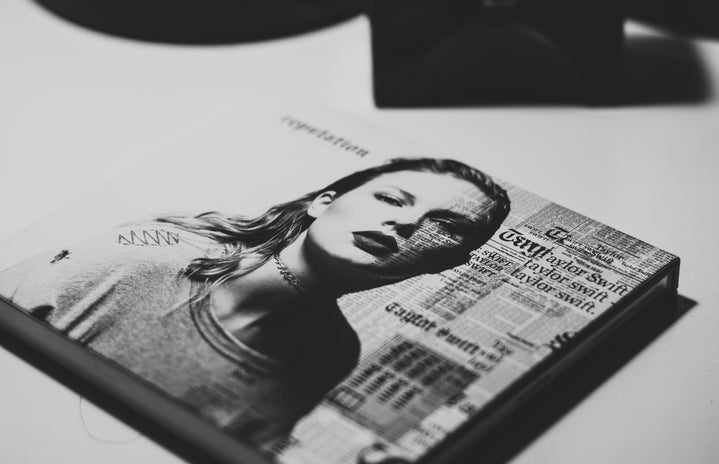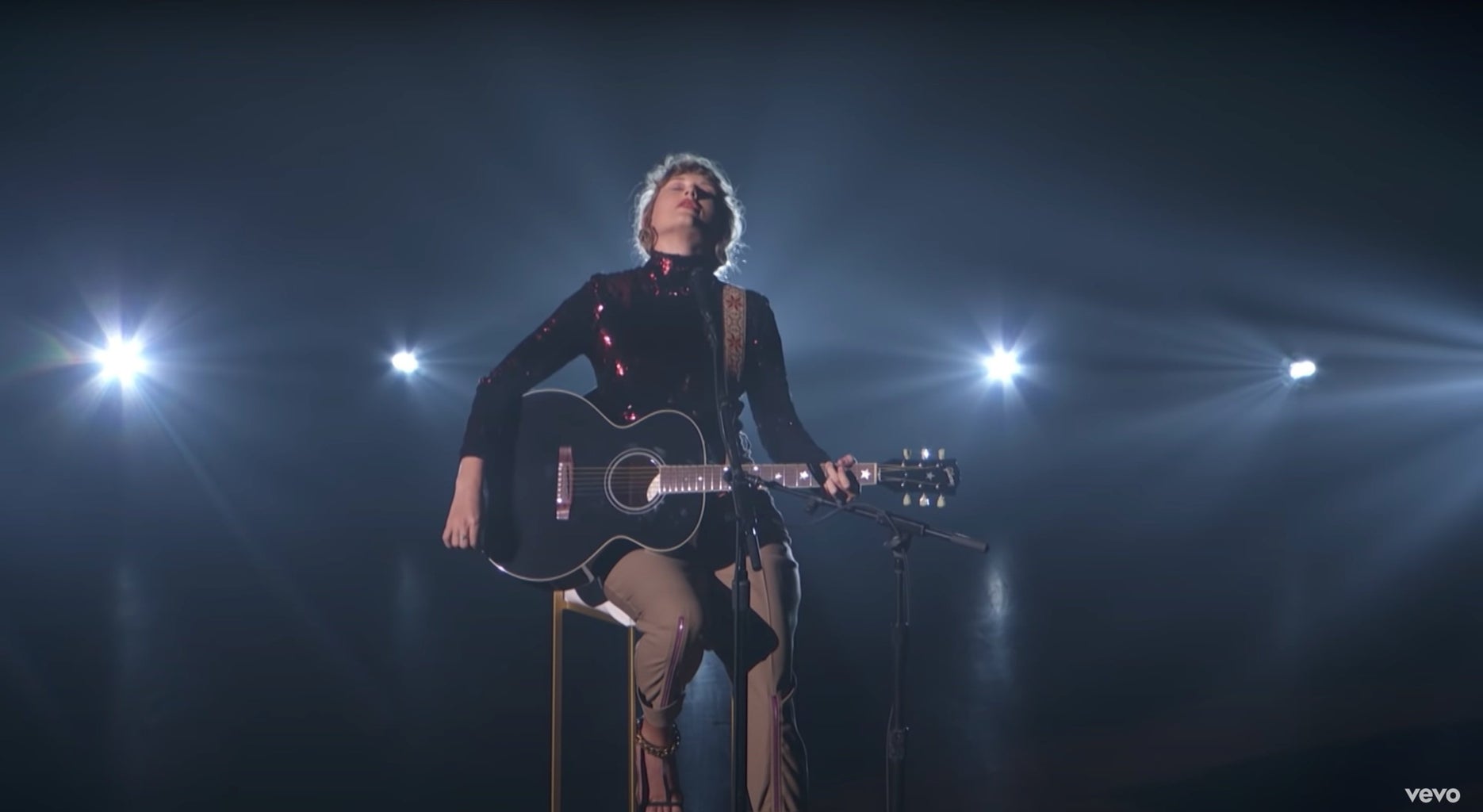I already know people aren’t going to be a fan of this one. And I understand why. Based on the title, you already know I am about to critique one of the most beloved songwriters of my lifetime. I respect the dedication of her fanbase and the never-ending protection. I’m not writing this article to be “edgy” or “different.” I am writing it to simply explain that I don’t think Taylor Swift should be looked at as a feminist icon. This is why.
I didn’t grow up listening to Taylor Swift. When I got into college and in high school, it was hard to avoid some of her more niche songs. I knew the classics and sang “Love Story,” and “You Belong With Me” by singing them at the top of my lungs at dances or in my friend’s car, but it wasn’t until I listened to “Better than Revenge” that my thesis statement on Swift came to fruition.
“She’s not a saint and she’s not what you think
She’s an actress, whoa
She’s better known for the things that she does
On the mattress, whoa”
In 2010, when that album was released, I am eternally grateful I wasn’t screaming those lyrics in the back of my mom’s car. And I think we too often forget the message that was sent to young girls for decades through that song. The idea of the “other woman” being mentioned in songs varies from artist to artist. Swift’s classic use of putting down women and shaming them for behavior in bed is the most anti-feminist move to make. Speak Now, the entirely self-written album that the song is on, was written in hopes to make a feminist statement. Swift felt like people were claiming she wasn’t holding the weight in the writer’s room, so she wrote the album on her own.
How can you put down other women in an album that you claim was made to promote women in music and women as a whole?
Now, I am sure fans are probably waiting to tell me how young she was or how she has matured since then. Age has proven to be no excuse.
Taylor Swift was around 21 in 2010 when the album was released. Olivia Rodrigo was 16 and 17 when she wrote two songs mentioning another woman, neither of which contained harmful lyrics that put down the woman, but instead lifted her up. In Rodrigo’s case, she carefully crafted lyrics that did not blame the man, and they differ from Swift’s put down of the other woman in “Better than Revenge.”
Moving on, last March Taylor Swift took to Twitter in defense of herself after a Netflix show added a joke at her expense. While the joke does indeed play to a foolish level of anti-feminist humor, Swift’s response was rather ignorant. With such a large fan base, Swift knows anything she does will be defended by millions. The choice to say “Happy Women’s History Month I guess,” on the first day of March to a show that stars a Black actress after Swift remained silent in terms of speaking out for support during Black History Month in February was rather tone deaf in my opinion.
When Megan Thee Stallion and Cardi B received blacklash following the release of “WAP,” many artists spoke out in support. Swift however did not. If Swift claims to support any and all women in the music industry and wants to pull the “Happy Women’s History Month I guess,” card, then she needs to start doing that with problems that don’t involve her. It seems like she only speaks out when something is a direct attack on her.
When I think of artists and women who are “feminist icons,” I think very carefully. It’s really easy to label successful women as feminist icons due to their money or fame. Taylor Swift’s choices in the past shouldn’t be overlooked by her maturity now. There was no excuse then and there still isn’t now. Until Swift recognizes her white privilege on a serious level and speaks out against issues that don’t just directly attack her, I do not feel as though she is the feminist icon young girls of this generation should look up to.
Can’t get enough of HC UMass Amherst? Be sure to follow us on Instagram, listen to us on Spotify, like us on Facebook, and read our latest Tweets!




